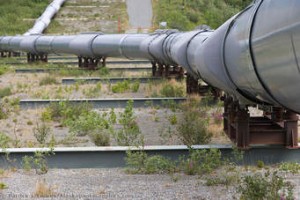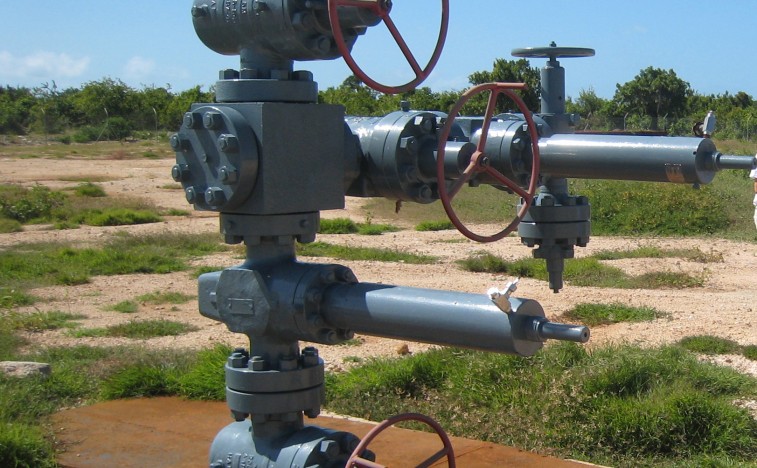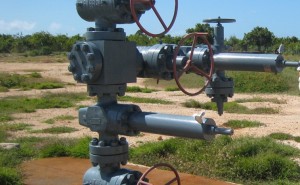Never Miss: This Free Online Oil and Gas Training
IFP school is going to conduct another Massive Open Online Course (MOOC) relating to oil and energy.
This training which IFP school offers is very important because it meet the needs of petroleum industry and demand of society
Features of training
- Free training
- It takes five weeks
- It starts 2nd November 2015
- 2-3 hours per week
- Certificate of participation and achievement(you will receive certificate at the end of the course through your email,
- A serious game as a case study.
Who can join the train?
All petroleum professionals who wants to updates their knowledge, students, graduates and any one who are very interesting in oil and gas sector.Even if you have back ground unrelated to oil and gas industry I recommend you to participate in this course, you will learn a lot and the good news is , at the end of the course you will get certificate which you can increase value of your CV .
I have already participate their previous training on over view of oil and gas industry, there a lot of people who were participating but they didn’t have e background relating to petroleum industry, Why you should not try?
If petroleum industry is your passion you will join.
How to register for this online course.
Registration is very easy, you would be asked to fill two boxes.
the first box you will write your first name and in the last box you will be required to add your email, the you will click “Sign up” button you are ready to go and enjoy the training.
to begin your free registration click here:http://mooc.sustainable-mobility.ifp-school.com
After successful completing this course participants will be able to
- Different energy sources , the importance of oil and how it used in transport and its consequences regarding to the environment
- Explain the operation of 4 stock engine
- Explain the specification of gasoline and diesel and objectives of each unit during the crude refining process
- Explain the engine’s efficiency, the power and the torque
- Explain the formation of pollutant emissions, identify techniques used to reduce emissions and consumption and finally identify the different after treatment systems
- List the pros and cons of hybrids and explain how they work, list the various alternative fuel used, and finally describe possible solution for reducing dependency on petroleum products eg car sharing or ecodriving.
Final Words
When we talk about IFP school, we don’t talk about Tanzania only, IFP school is about international level.
Never Miss,
Share with friends








